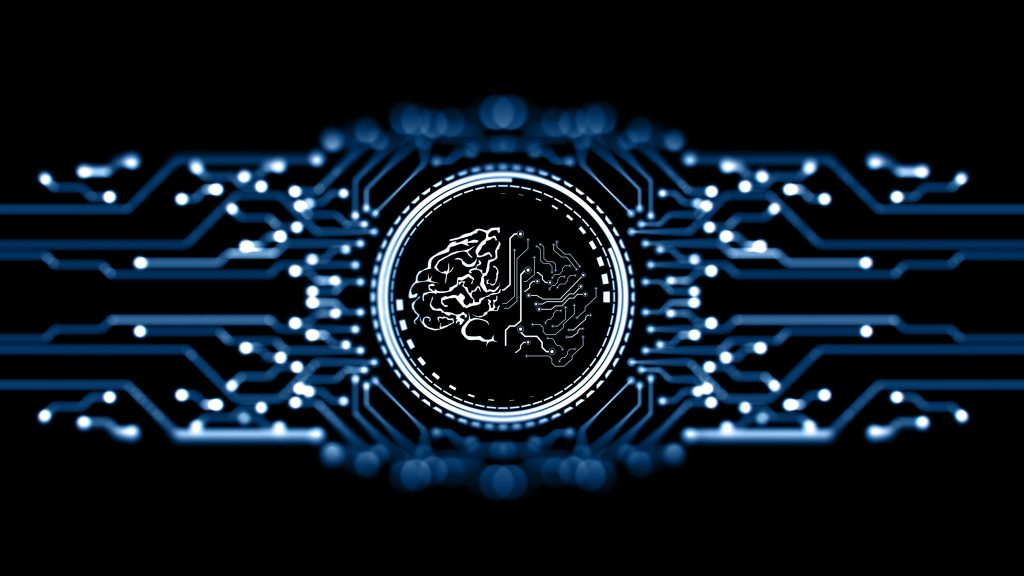As the world grapples with complex challenges that conventional computing has not been able to address, quantum computing has emerged as a revolutionary technology that could revolutionize problem solving in a variety of fields. Quantum computers, which utilize the principles of quantum mechanics, have the potential to exponentially outperform classical computers in certain tasks such as optimization, simulation, and encryption. This paper will delve into the fundamentals of quantum computing, its potential applications, and the challenges it faces on its way to becoming a mainstream technology.
1. understanding quantum computing
At the core of quantum computing is the exploitation of the principles of quantum mechanics that govern the behavior of elementary particles. Unlike classical computers, which use bits (represented by 0s or 1s), the smallest units of information, quantum computers use qubits. A qubit can exist in multiple states simultaneously due to two important quantum phenomena: superposition and entanglement.
1.1. superposition
Superposition allows a qubit to have both 0 and 1 states at the same time. This means that a quantum computer can process enormous amounts of information simultaneously, greatly increasing its computational power. For example, a classical computer with four bits can represent 16 different combinations (from 0000 to 1111), while a quantum computer with only four qubits can represent 16 different combinations at once.
1.2. entanglement
Entanglement is a quantum phenomenon that links the states of qubits regardless of the distance separating them. When qubits are entangled, the state of one qubit is directly related to the state of another qubit, allowing instantaneous communication and correlation. This property allows quantum computers to perform complex calculations much more efficiently than classical computers.
2. applications of quantum computing
Quantum computing has potential applications in a variety of fields, providing solutions to problems that are currently unsolvable with classical systems. Here are some of the key areas where quantum computing could have a significant impact:
2.1. cryptography
The most widely discussed application of quantum computers is their potential to disrupt conventional cryptographic systems. Many of the cryptographic methods currently used to secure data rely on the difficulty of factoring large numbers. Quantum computers, by utilizing Shaw’s algorithm, can factor exponentially faster than classical computers, posing a threat to current encryption standards.
However, quantum computers also offer the possibility of developing new cryptographic protocols based on quantum principles. Quantum key delivery (QKD), for example, uses the principles of quantum mechanics to create a theoretically secure communication channel that cannot be eavesdropped on.
2.2. optimization problems
Many industries face complex optimization problems that require the evaluation of numerous variables and constraints. Quantum computing excels in this area by utilizing algorithms such as Grover’s algorithm, which can search unclassified databases more efficiently than classical algorithms.
For example, in logistics and supply chain management, companies can use quantum computing to optimize delivery routes and minimize cost and time. Similarly, financial institutions can apply quantum algorithms to optimize their investment portfolios and manage risk more effectively.
2.3. drug discovery and materials science
Quantum computers have the potential to revolutionize drug discovery and materials science by simulating molecular interactions on an unprecedented scale. Conventional computers have struggled to model the behavior of complex molecules due to the sheer number of possible conformations.
Quantum computers can accurately simulate such interactions, allowing for rapid identification of potential drug candidates and new materials. Companies such as IBM and Google are actively researching quantum algorithms to enhance the drug discovery process, which could greatly accelerate the development of new treatments.
2.4. artificial intelligence and machine learning
Quantum computing can enhance artificial intelligence (AI) and machine learning (ML) by enabling faster data processing and more complex models. Quantum algorithms can optimize the learning process and improve the efficiency of machine learning models.
For example, quantum support vector machines can analyze high-dimensional data sets more efficiently than conventional ones. This capability could lead to breakthroughs in areas such as image recognition, natural language processing, and predictive analytics.
3. challenges facing quantum computing

Despite its great potential, quantum computing is still in its infancy and faces several challenges that must be resolved before it can become mainstream.
3.1. technical challenges
Building a functional quantum computer is a major technical challenge. Quantum bits are very susceptible to environmental noise, which leads to computational errors. For a successful quantum computer, it is important to maintain the stability of the qubits and achieve so-called coherence.
Researchers are exploring various approaches to improve the stability of qubits, including the use of superconducting circuits, trapped ions, and topological qubits. However, significant progress is still needed before quantum computers can reliably perform complex calculations.
3.2. scalability
The limited number of qubits in current quantum computers poses a major hurdle to expanding the technology to build large-scale, fault-tolerant quantum systems. Developing efficient error correction methods and finding ways to increase the number of qubits without compromising performance are critical to the advancement of quantum computers.
3.3. cost and accessibility
The development and maintenance of quantum computing technology is still relatively costly. The high costs associated with specialized hardware and infrastructure may limit access for smaller organizations and researchers. Making quantum computing more accessible through cloud-based solutions and industry-academia collaborations is essential to spur innovation in this area.
4. the future of quantum computing
As research and development in quantum computing continues to advance, its potential applications will continue to expand.Several companies, including IBM, Google, Microsoft, and various startups, have invested heavily in quantum computing technology and research, demonstrating a strong commitment to its future The following are some of the most important examples.
4.1. quantum-classical hybrid systems
One promising direction for quantum computing is the development of hybrid systems that combine quantum and classical computing. These systems allow companies to tackle complex problems without relying entirely on quantum computing and take advantage of the strengths of both technologies.
For example, a classical computer could be used for data preprocessing and a quantum computer for optimization tasks. This approach can provide immediate benefits until the technology matures.
4.2. cross-industry collaboration
The development of quantum computing requires collaboration among academia, industry, and government. Partnerships can foster innovation, share resources, and promote research in areas such as quantum algorithms, hardware development, and applications.
Many organizations are already collaborating on quantum research initiatives, and industry consortia are being formed to facilitate the development of quantum technologies. Such collaborations will accelerate the discovery of practical applications and solutions.
4.3. education and human resource development
As quantum computing becomes more widespread, the demand for professionals with expertise in quantum technology will increase. Educational institutions and training programs will play an important role in preparing the workforce for this new era of computing.
Courses and degrees specific to quantum computing are beginning to emerge, providing students with the knowledge and skills necessary to contribute to this field. As the talent pool expands, innovation and development in quantum computing will accelerate.
Conclusion.
Quantum computing represents a new era in problem solving and has the potential to address challenges that have long been considered difficult with classical computers. By harnessing the principles of quantum mechanics, this technology opens new avenues for cryptography, optimization, drug discovery, artificial intelligence, and beyond.
While significant challenges remain in terms of technical implementation, scalability, and accessibility, continued research and investment in quantum computing suggest a bright future for this innovative technology. As it continues to evolve, quantum computing will revolutionize the industry, reshape the way we approach complex problems, and unlock unprecedented opportunities for innovation and growth.












1 Comment
I am glad to be a visitor of this double dyed blog! , appreciate it for this rare info ! .